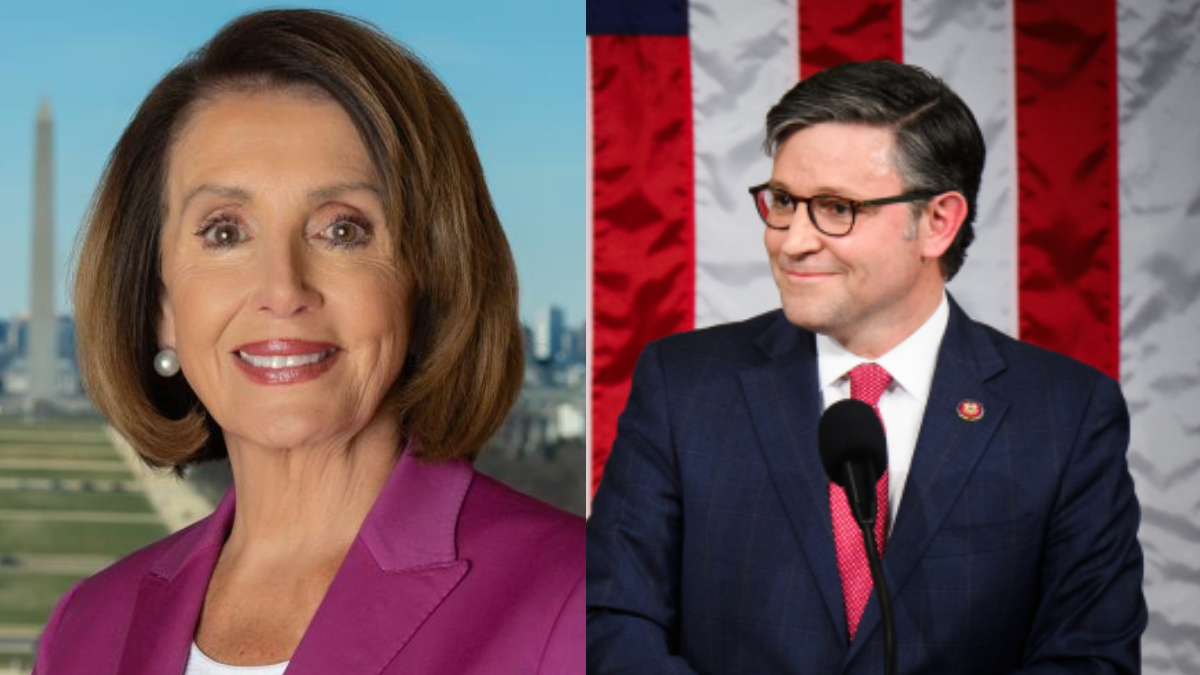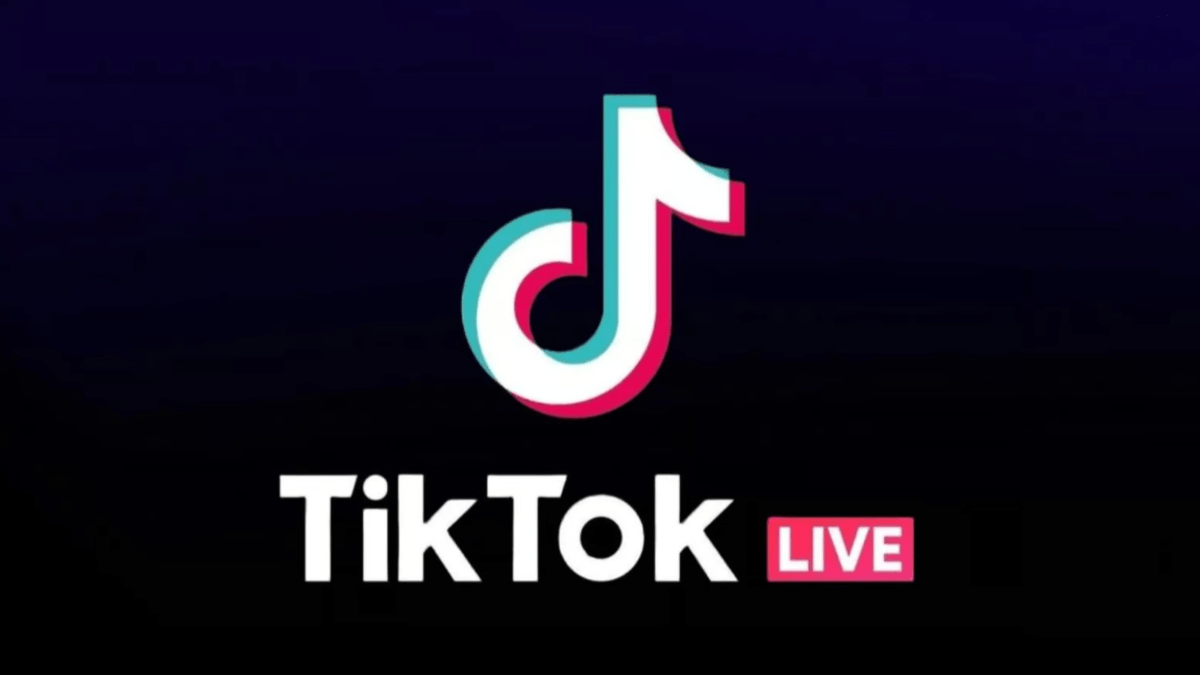In the chaotic world of American politics, Congress has officially targeted social media. After a vote in the House, TikTok is now on the chopping block.
This turn of events has enraged many content creators as well as causal users of the site, but it shouldn’t come as a surprise to anyone who has been paying attention to current events. Instead of focusing on real-world issues like wars in Ukraine and Gaza — or frankly, even protecting Roe V. Wade in the States — the administration has turned their attention to essentially anything else that crosses their figurative desk.
In the case of TikTok, politicians have stated that the app is a threat to national security. These concerns have risen because of the ownership of the company. Chinese entity ByteDance has control over the video-sharing site. This fact has fueled American politicians’ fears that the Chinese government can spy on Western society. President Biden has instructed ByteDance to sell the company within five months, or the site will be banned in America. At the time of this writing, the House voted to pass the bill — called the Protecting Americans from Foreign Adversary Controlled Applications Act —, which means that it still has to make it past the Senate. But those who voted in favor of the bill to pass already reached astronomical numbers.
Who voted on the TikTok bill?

The House voted overwhelmingly in favor of this bill. This bipartisan move appealed to politicians on both sides of the aisle, passing a 352-65 vote. If there is one thing the two parties can agree on, it is the merits of TikTok, evidently. Even in more liberal states, such as California and New York, many supported this ban. California Democrats who voted yes included Nancy Pelosi, Jared Huffman, and Grace Napolitano. In New York, Dan Goldman voted for the bill, among many others. One notable detractor was Alexandria Ocasio-Cortez, who voted not to pass the bill.
The Democratic party had the largest number of Representatives voting against the bill at 50, whereas only 15 Republicans voted against. The Senate will still need to vote on the bill, but this does imply a precedent that could be replicated in the next vote. It also raises an interesting argument about free speech. Those who do not support the bill suggest that banning TikTok is a slippery slope. The site is used as an outlet for many to express their opinions and even make money as content creators. If this ban comes to pass, many may be wondering, what’s next?

